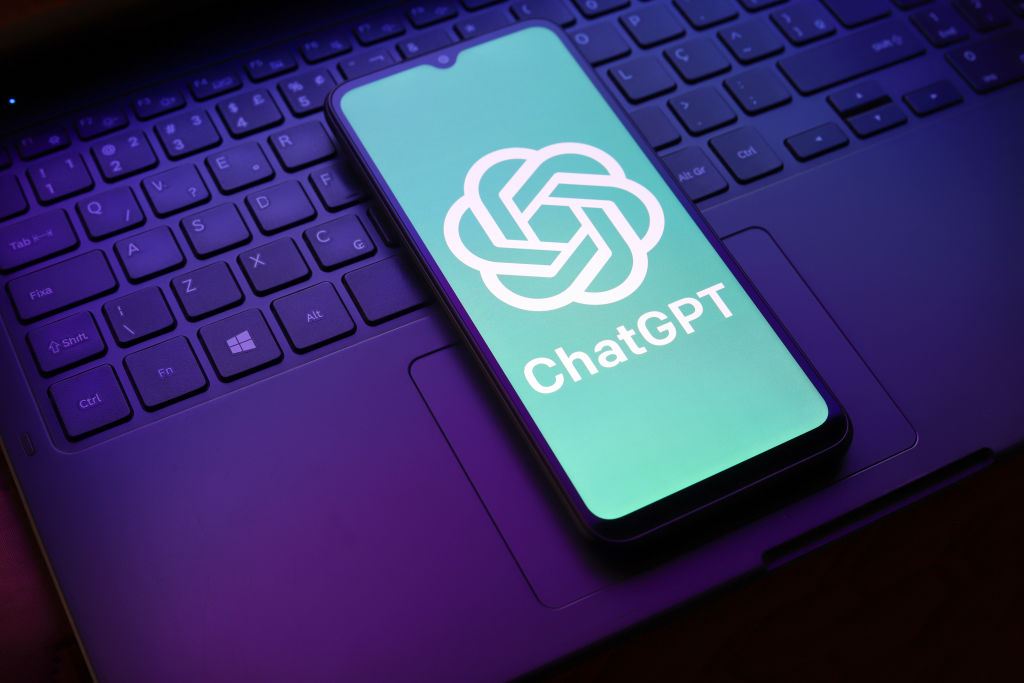ChatGPT Surprises Users by Using Their Names Unprompted: Is It Creepy or Cool?
Recent reports from ChatGPT users highlight a peculiar change in the chatbot’s behavior: it now occasionally addresses users by name during conversations. This shift has sparked a mix of reactions, with some users expressing confusion and discomfort over ChatGPT’s newfound tendency to personalize interactions without prior consent.
Mixed Reactions to ChatGPT’s Name Usage
Feedback about this feature is varied. Software developer Simon Willison described the behavior as “creepy and unnecessary,” while another developer, Nick Dobos, voiced his disapproval by stating he “hated it.” A quick search on social media platform X reveals many users who share similar sentiments, expressing wariness about the chatbot using their names.
User Experiences with Personalized Interactions
One user humorously remarked, “It’s like a teacher keeps calling my name, LOL. Yeah, I don’t like it.” This sentiment mirrors a growing concern regarding the implications of AI systems that attempt to personalize interactions in such a direct manner.
Interestingly, the exact timing of this change is unclear. Some speculate it could be linked to ChatGPT’s upgraded memory feature, which allows the chatbot to recall past interactions. However, reports indicate that users who have disabled memory settings still experience this name-calling behavior.
Concerns Over AI Personalization
The recent backlash raises questions about the boundaries of AI personalization. OpenAI’s CEO, Sam Altman, recently hinted at developing AI systems that could “get to know you over your life,” aiming for a more personalized experience. Yet, the responses indicate that not all users are on board with this approach.
The Psychology Behind Name Usage
An article from The Valens Clinic, a psychiatry office in Dubai, provides insight into why users might react strongly to ChatGPT using their names. The article explains that while using someone’s name can foster intimacy and connection, overusing it can feel disingenuous and invasive.
- Powerful Relationship Strategy: Using a name directly can signify acceptance and admiration.
- Risk of Inauthenticity: Excessive name usage can come across as fake and intrusive.
Moreover, the attempt to anthropomorphize ChatGPT might be perceived as heavy-handed. Users may find it unsettling, akin to a toaster calling them by their name—an oddity that undermines the idea of a sophisticated AI understanding emotional nuances.
Conclusion: Balancing Personalization and Authenticity
As users navigate this new dynamic, it’s clear that OpenAI faces a challenge in balancing personalization and authenticity in its AI interactions. While the goal is to create a more engaging user experience, feedback suggests that many users prefer a more traditional, less personal approach. For more updates on AI developments, check out our AI News section.







